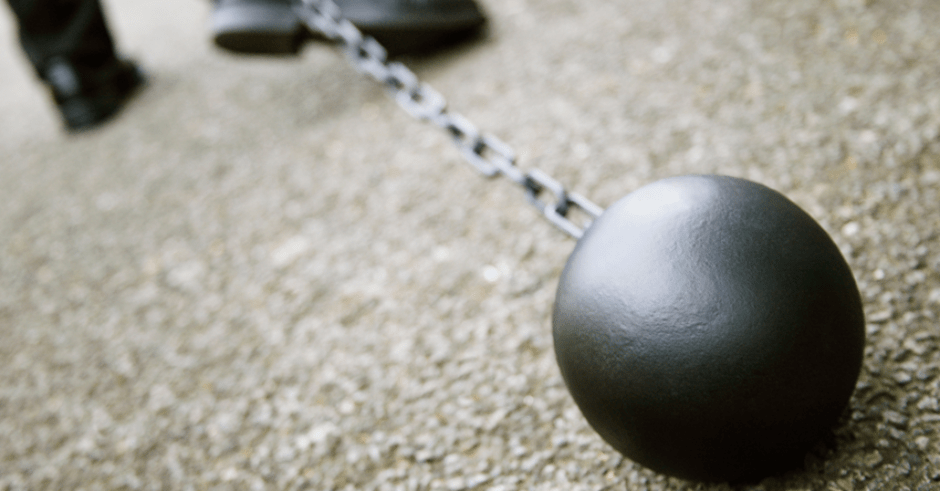The Covid-19 lock down has disrupted the workplace in a way no one could ever have imagined and amongst the chaos and fight for survival that many companies are now in, this crisis is creating the biggest “learn by doing” opportunity ever seen.
Moving to radically new ways of working are usually done, to a certain degree, by choice and carefully planned with considered roll out and adoption support in place. Last week a switch was thrown and bang, we’re all in a new situation. There was no choice, we all just had to do it, to react and respond to this new situation. People and teams are having to adjust to working remotely but we are already seeing people doing what human beings do so well… they’re adapting, learning and sharing, with much of this being enabled by digital technology. There is also much higher tolerance to mistakes and ‘messiness’ than usual because we all have our “look after each other” and “be kind” switches turned on. This is creating a different and I think more positive, enabling culture.
When reflecting on this I realised that we are, in many ways, all being more ‘agile’. I know some people will balk at this suggestion, but agile is based around a set of values and principles and the transition to this (imposed) new way of working and the adoption curve that people are going through is a great example of how well people can adapt and not just survive, but also thrive when change and challenge are presented, especially when everything happens so quickly that people have to be trusted because there simply isn’t time to write loads of new rules to control every new permutation of work being tried and adopted.
In this kind of situation, command and control leaders can no longer demand attendance to assure themselves that people are working and, as a result, many people will be experiencing that liberating feeling that true flexible working can offer; an integration of work and personal life rather than an artificial, often forced, demarcation of work and personal responsibilities. Work-life balance can truly become “life balance” which on the face of it may not seem any different, but when you begin to place your work into your day rather than fill your day with your work; productivity, engagement, motivation and wellbeing can improve markedly.
As said at the beginning of this piece, I do not underplay what a critical time this is though, numerous businesses are in a struggle for their very survival, but there is an opportunity here that should not be missed. As we settle into a new normal (settle may be the wrong word!) leaders should encourage their teams to ‘consciously’ ride this wave and not just to reactively “survive it.” To look for and create opportunities for everyone to regularly reflect on what is good about these new ways of working, the benefits etc and to also think about what really isn’t working and why so that when we come out the other side of this we’re able to create a new working culture blending the best of the old with the best of the ‘new’.
This ‘digital Rubicon’ that I have often talked about will be crossed by many during this imposed remote working, such that there will simply be no going back to “how it was.” People will realise that many of the old behaviours and conditioned defaults, associated with a Taylorism playbook, are simply unnecessary constraints from a bygone age. My instinct and experience tell me that there will be significant challenge to the old ways of working driven by the reality of the experience gained and the resulting new expectation that people will have as a result.
Learn is a verb and experience can be also, but when these two combine and people learn by experience you have unleashed the most powerful change agent of all. That process is an active and considered, reflective one, so my question is, amidst the undoubted challenges; are you just experiencing what is going on, hoping things get back to “normal” as soon as possible or are you also actively learning from this experience so that you can come back stronger?
My word to the wise is that there will be a very different expectation for a very different and new ‘normal’ once this is all over, which could prove to be another big challenge for leaders who expect things to revert to how they were.
If you hadn’t begun your business transformation prior to Covid-19, I hope you can see that your transformation is now underway, with the task ahead being not only to survive the next few months but to learn and harness the benefits that can be gained from this disruption.





